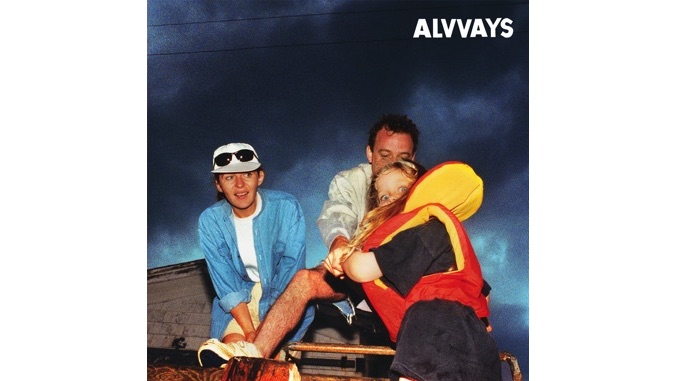Alvvays Rough Up Their Perfect Pop Songs on Blue Rev
The Canadian indie quintet’s third album leans harder into their noisy interests

The backstory provided by bands, record labels and/or publicists alongside a new album often provides context for the work or some interesting details about the recording process. Rarely, however, does said marketing copy get to the core of the material as effectively as it does for Blue Rev, the new album from the Toronto, Ontario, quintet Alvvays.
The setup: Alvvays’ first two full-lengths—2014’s self-titled and 2017’s Antisocialites—are archetypal examples of 21st-century indie pop, built around jangling electric guitars and melancholy, a pinch of punk spirit, the sheen of nostalgia and Molly Rankin’s effortlessly enduring vocal melodies. This was one of those bands that seemed to arrive fully formed, a testament to not only their talent, but also their commitment to preparation. “Alvvays are fans of fastidious demos,” the band’s official bio says, “making maps of new tunes so complete they might as well have topographical contour lines.”
For their long-awaited third album, however, producer Shawn Everett “urged them to forget the careful planning they’d done and just play the stuff, straight to tape.”
It turns out this is not just a punchy line in a press release, but also an explanation of exactly why Blue Rev captures Alvvays as they have always existed onstage: more urgent, more dense and noisier, cocooned in distorted guitars and smeared with synthesizers. Live, Rankin plays with a saboteur’s twinkle in her eye; Blue Rev brings that twinkle to life.
To be clear, Alvvays are not suddenly a harsh noise band. The 14 songs on the new album still crackle and pop, and there are some quiet, slow tracks, too. But the band waste no time making clear their intention to rough things up a bit, as opening track “Pharmacist” takes about six seconds to introduce a thick wall of guitar distortion that all but buries Rankin’s breathy lyrics about being stuck in neutral. Two minutes later, someone—presumably Rankin or her co-songwriter, multi-instrumentalist Alec O’Hanley—takes a perfectly good guitar solo and gnarls it beyond recognition, just for a few seconds.
Then in “Easy On Your Own?,” Rankin emerges from a tangle of radio-squelch and guitar chug to deliver a stanza that neatly blurs the lines between a floundering relationship and the drudgery of our current times:
-

-

-

-

-

-

-

-

-

-

-

-

-

-

-

-

-

-

-

-

-

-

-

-

-

-

-

-

-

-

-

-

-

-

-

-

-

-

-

-








































